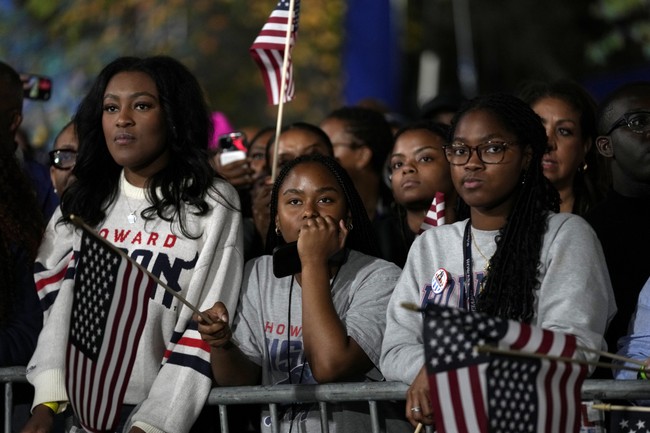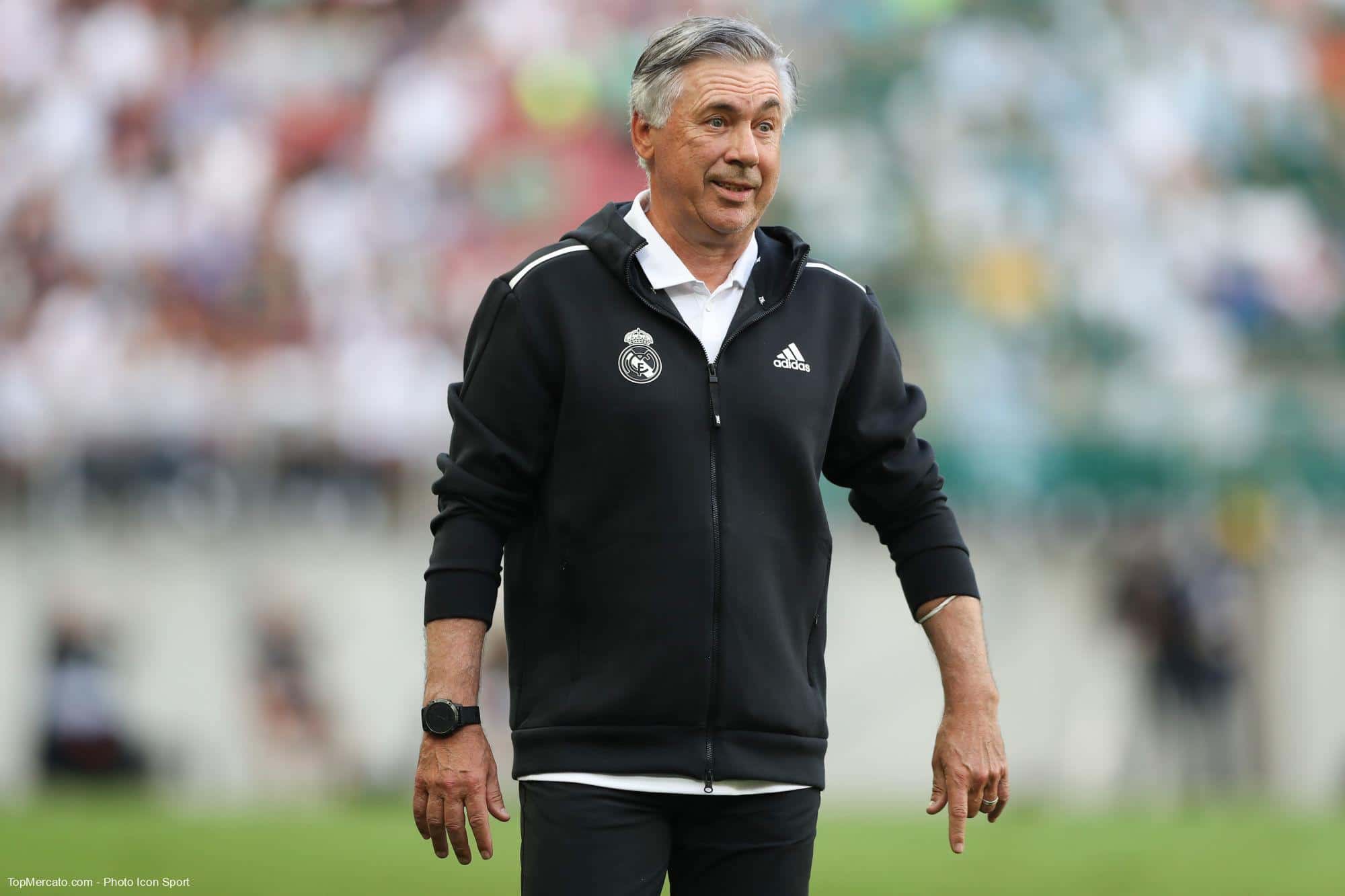Dina Asher-Smith has called for more research into the impact of a woman’s menstrual cycle in terms of elite performance; “I feel like if it was a men’s issue, we would have a million different ways to combat things, but with women there just needs to be more funding in that area”
Last Updated: 19/08/22 2:50pm
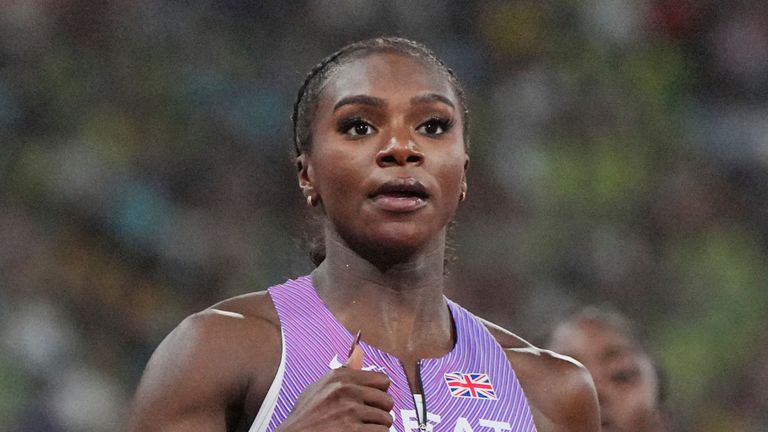
Dina Asher-Smith calls for research from a sports science perspective into menstrual cycles and performance sport
Dina Asher-Smith called for more research into the impact of the menstrual cycle on sporting performances after booking her place in the 200m final at the European Championships in Munich.
In the European Championships 100m final earlier this week, Asher-Smith pulled up around the 60-metre mark before revealing she had suffered cramp in both calves, something she does not suffer from regularly in races.
After, Asher-Smith was upset and frustrated but returned on Thursday evening for the 200m semi-finals. The British athlete won her semi-final with an impressive run of 22.53 seconds and was then asked about her recovery from the cramping issues.
She told BBC Sport: “[It was] girl’s stuff. It was frustrating, but just one of those things.
“It is a shame because I am in really good shape, but sometimes that is not the way everything pans out.”
Asher-Smith added: “It is something which I think more people need to actually research from a sports science perspective because it is absolutely huge.
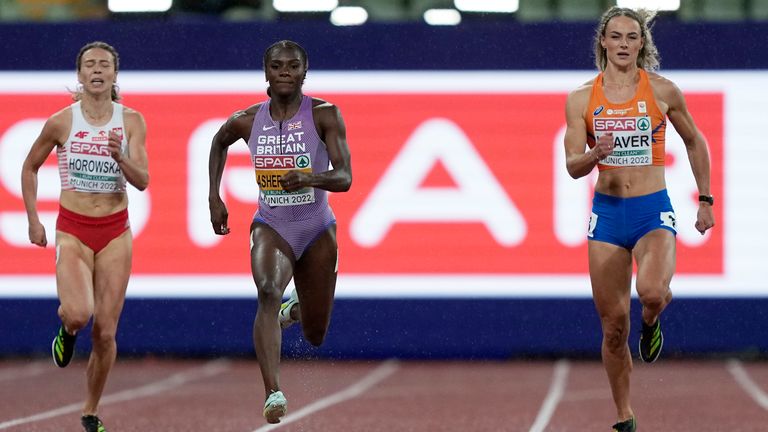
Asher-Smith returned to the track for the 200m semi-final and ran strongly to progress into the final
“We wouldn’t always talk about it either because you see girls that have been so consistent and there is a random dip.
“Behind the scenes they have been really struggling, but outwards everybody else is saying, ‘What’s that? That’s random’. So it could just do with more funding.
“I feel like if it was a men’s issue, we would have a million different ways to combat things, but with women there just needs to be more funding in that area.”
Asher-Smith has previously spoken about menstrual cycles and performance sport on Sky Sports during the Driving Force series. On that occasion, Asher-Smith shared that it is an area she discusses with her coach John Blackie and is a consistent factor taken into account regarding training.
Blackie has been working with Asher-Smith since she was eight-years-old. With Blackie being a father to daughters, Asher-Smith always felt he understood that side of sport and had the compassion to ensure it was a topic they have always spoken about together.
“Lots of people shy away from it but John has never, ever [done that],” she said.
“If I say I’m having cramps, I can have so many open discussions with John and he’s like, if you’re in that much pain we’ll adjust this week or we’ll adjust this or that.
“I shouldn’t say it’s a breath of fresh air because it’s sad that it is, especially for a male coach. It’s something that some do [talk about], but not all and it’s such a huge factor in female high-performance sport and high performance.”
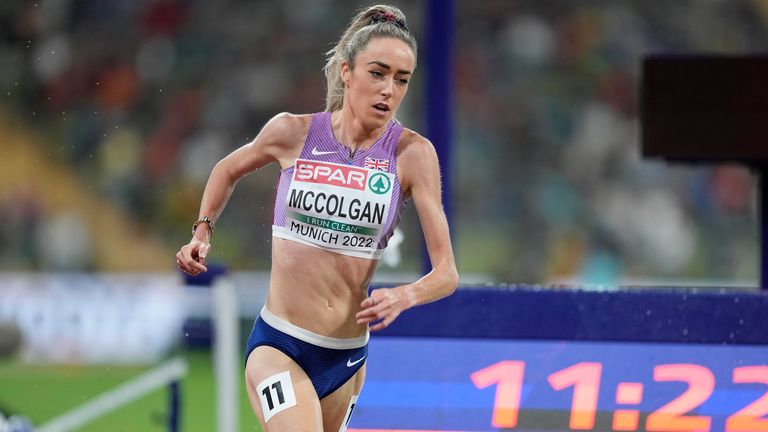
Eilish McColgan has enjoyed an exceptional summer on the track and supports the need for further research into menstrual cycles and performance sport
After winning four major track medals this season, Eilish McColgan supported Asher-Smith’s openness and wrote a column for BBC Sport which tackled the question as to why is menstruation still a taboo subject?
Within it she noted that as a young woman she suffered from cramps which were so intense that she would go into a fever and start vomiting.
McColgan, who won 5,000m bronze on Thursday to finish her summer on the track with four major medals, also discussed the type of adaptations to training that Asher-Smith had noted.
“I know some sprinters, such as Dina, completely avoid gym work because of it. In an event where power is king, I imagine it’s hugely frustrating having to adapt your schedule. Every. Single. Month. But that’s the reality.
“A few years ago, I made the mistake of training too hard during a certain phase of my cycle and ended up tearing my hamstring. It was a lesson I learned the hard way, but I hope the younger generation can learn from it.”
After sharing her article on social media, McColgan then tweeted about some of the negative comments that had then been directed to her.
“It’s a shame the males commenting under the tweet don’t appreciate how it affects some (or most) of their female counterparts EVERY single month!
“They don’t understand why we are only ‘moaning’ about it now. Supposedly it’s not an issue…”
More medal success for GB at European Championships
During Thursday’s action in Munich, Joe Fraser won Britain’s first all-around gymnastics gold at the European Championships.
Fraser had battled back to fitness following a ruptured appendix and fractured foot ahead of the Commonwealth Games, where he won the individual pommel horse and parallel bars titles as well as team gold in Birmingham, his home city.
The 23-year-old recovered from an average floor routine to top both the pommel horse and parallel bars events.
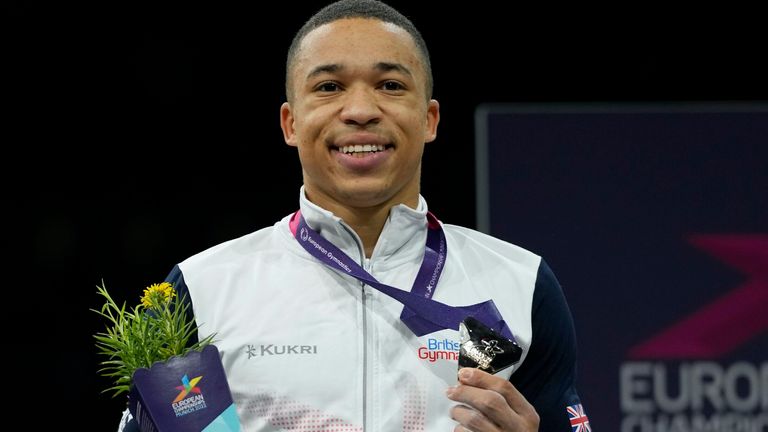
Joe Fraser won Britain’s first all-around gymnastics gold
Fraser then produced a fine high bar routine on his final apparatus with a score of 13.700 to secure gold on a total of 85.565, with Turkey duo Ahmet Onder (85.131) and Adem Asil (84.465) also on the podium.
“This is incredible. We have had a real big journey to get here today, just even competing on six apparatus, not many people thought I could do it,” Fraser said to the British Gymnastics website.
“There’s no doubt the all-around medal is the big one. I’ve always loved the all-around, whenever people ask I say I’m an all-rounder and now I feel like I can say that with true confidence and pride.”
Fraser also qualified for the final of the pommel and parallel bars, while Great Britain team-mates Giarnni Regini-Moran (floor, vault and parallel bars), Courtney Tulloch (vault and rings), James Hall (high bar) and Jake Jarman (floor) also made it through in the individual competitions.
There was more success for Britain in the evening’s action at the Olympiastadion, where the start was delayed by a thunderstorm, as Jake Heyward took silver in the men’s 1500m while McColgan claimed her bronze in the women’s 5,000m.
Note: This article have been indexed to our site. We do not claim legitimacy, ownership or copyright of any of the content above. To see the article at original source Click Here
